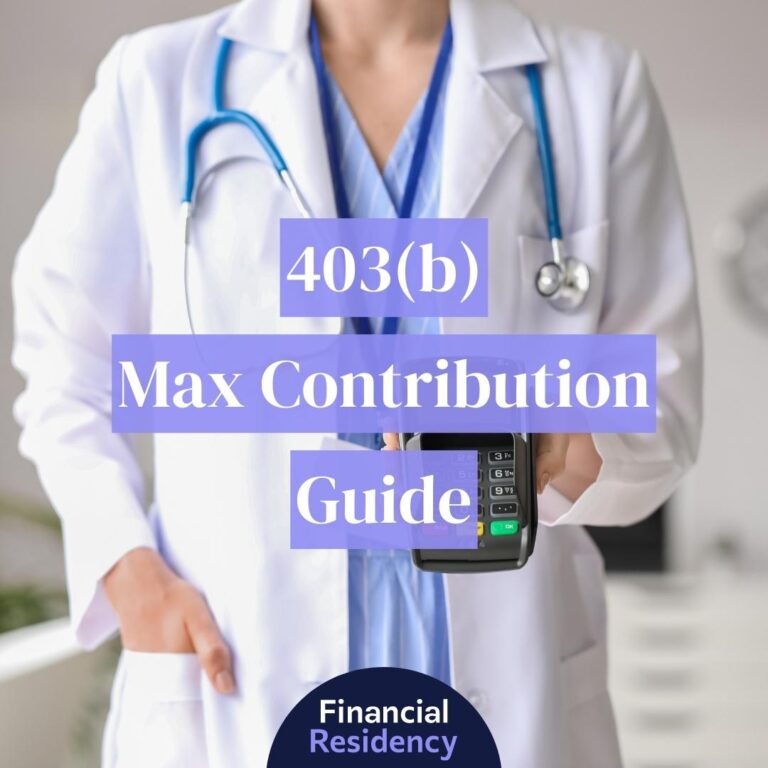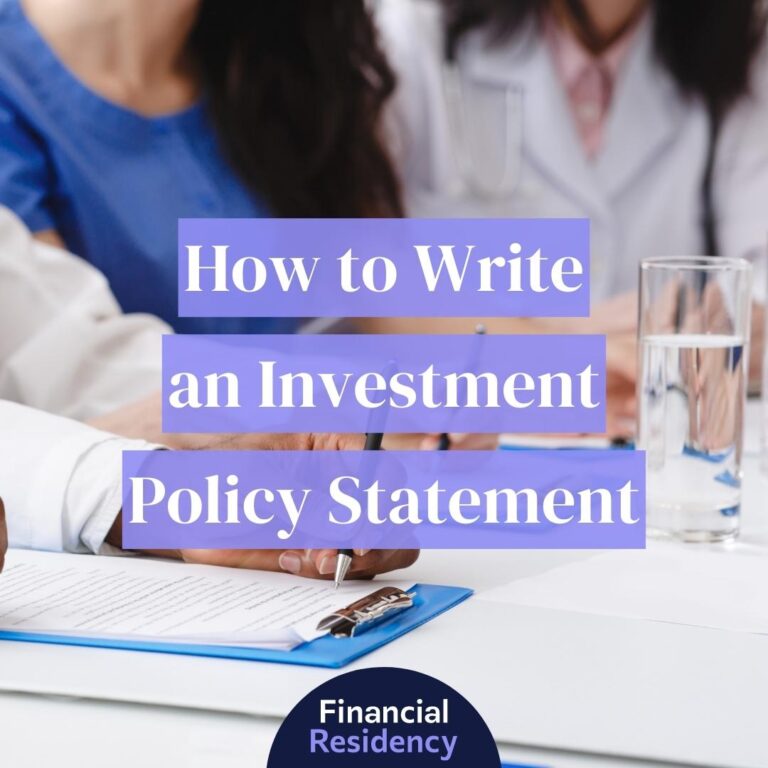Managing personal finances is a balancing act. On the one hand, you’ve got debt lingering over your head. On the other, there’s the tempting prospect of growing your wealth through investments. So, what’s the smart move to make? Should you pay off debt or invest?
The answer isn’t as clear-cut as you might think, but financial planning doesn’t have to be complicated. Both strategies have merits and can be vital in securing your financial future. However, the right choice depends on your unique situation.
Let’s delve deeper into the pros and cons of each option to help you choose the best debt repayment and investing strategy for your needs.
Pay Off Debt or Invest: Factors to Consider
When it comes to deciding whether to pay off debt or invest, there are several factors that you should take into consideration. These factors will help you make an informed decision that aligns with your financial goals and circumstances.
Let’s explore each of these factors in detail.
1. Interest Rates
One of the key factors to consider when deciding between paying off debt or investing is the interest rates involved. Take a closer look at the interest rates on your debts and the potential investment returns.
If your debt has a higher interest rate than the expected returns on your investments, it may be wise to prioritize paying off the debt first. Comparing these rates ensures you are not losing money by paying more interest than you gain through investments.
Consider the types of debt you carry. While credit card debt likely has a high-interest rate, some federal student loans have very low-interest rates, so the strategy can vary.
A good rule of thumb is to pay off high-interest credit cards, car loans, and similar debt first, while student loans and lower interest rates can wait.
If you are overwhelmed with student loan payments, debt consolidation may even be an option. In this case, your lender packages all your loans into one program and averages your interest rates.
2. Time Horizon
Your time horizon is another important factor to consider. Are you looking to achieve financial goals in the short term or the long term? If you have a shorter time horizon, paying off debt as quickly as possible may be more beneficial.
Paying down debt reduces the financial burden and frees up resources for future investments. On the other hand, if you have a longer time horizon, you may have more flexibility to invest and earn a higher rate of return over time.
3. Risk Tolerance
Consider your risk tolerance when deciding between paying off debt or investing. Investing in the market involves a certain level of risk, so assessing your comfort level with volatility and potential losses is important.
If you have a low risk tolerance, you may prefer to pay off debt and achieve financial security. On the other hand, investing may be viable if you can tolerate risk and have a long-term investment strategy.
4. Financial Goals
Your financial goals play a crucial role in determining whether to pay off debt or invest. Take some time to define your goals and prioritize them. Are you looking to achieve debt freedom? Are you saving for a down payment on a house?
Do you want to build a well-funded retirement account or increase your net worth? Understanding your goals will help you make a decision that aligns with your aspirations. For example, if your goal is to be debt-free, it may be wise to focus on paying off debt before allocating resources toward investments.
Benefits of Paying Off Debt First
While investing can offer the potential for long-term growth, paying off debt should often be the priority. In this section, we will explore why paying off debt first can be a wise financial strategy.
Reduced Stress and Financial Burden
One of the key reasons to prioritize debt repayment is to reduce stress and financial burden. High debt levels can weigh heavily on your mind, causing anxiety and affecting your overall well-being. By paying off debt, you can experience a sense of relief and regain control over your finances.
Furthermore, carrying a significant amount of debt can limit your financial flexibility. It can prevent you from pursuing other goals, such as buying a house, starting a business, or retirement planning. By paying off debt first, you free up your income and create opportunities for future financial growth.
Potential Interest Savings
Another compelling reason to prioritize debt repayment is the potential interest savings. The longer you carry debt, the more interest you pay over time. By focusing on debt payoff, you can save substantial money that would have otherwise gone toward interest payments.
Consider this analogy: Imagine your debt as a leak in a bucket and the interest payments as water constantly pouring in. If you only focus on investing without plugging the leak, your bucket will never fill. However, prioritizing debt repayment allows you to plug the leak and watch your bucket fill up faster.
Benefits of Investing First
When managing your finances, one question often arises: Should you pay off debt or invest? While both options have their merits, this section will focus on the benefits of investing first. By understanding the power of compound interest, the time value of money, and the potential returns on investments, you’ll see why investing can be a smart move, especially if you have a long time horizon.
Compound Interest and Time Value of Money
Compound interest is like a snowball rolling down a hill, gaining momentum. When you invest your money, it has the potential to earn interest or returns over time. Compound interest is powerful because you accrue interest not only on your initial investment but also on the interest it generates.
Let’s say you invest $1,000 with a 5% annual return. After the first year, you would have $1,050. In the second year, you would earn 5% on the $1,050, resulting in $1,102.50. As each year passes, the interest compounds and your investment grows exponentially.
The time value of money is closely tied to compound interest. It means that the money available today is worth more than the same amount in the future. You could invest the money now and earn returns over time. Investing gives your money more time to grow and harness the power of compound interest.
Building Wealth Over Time
Investing allows you to start building wealth over time. The longer your money is invested, the more opportunity it has to grow. You can turn a small investment into a significant sum by taking advantage of compound interest.
Consider this example: if you were to invest $100 per month starting at age 25 and earn an average annual return of 7%, by the time you reach age 65, your investment would grow to approximately $216,000.
However, if you were to delay investing until age 35, your final investment value would be around $117,000. That ten-year difference can significantly impact your wealth accumulation.
Potential Returns on Investments
Investing in various asset classes, such as stocks, bonds, or real estate, offers higher returns than paying off low-interest debt. While there are risks associated with investing, a well-diversified portfolio can help mitigate those risks and increase your chances of earning favorable returns.
Historically, the stock market has shown an upward trend over the long term. By investing in a broad-market index fund, for example, you can capture the market’s overall growth. Over time, the compounding effect of reinvesting dividends and capital gains can lead to substantial wealth accumulation.
Tax Advantages
Certain investments, such as IRAs and 401(k)s, carry tax advantages. For example, any money you put in an employer-sponsored 401(k) is tax-deferred until you withdraw it. Other retirement accounts, like a Roth IRA, allow for tax-deductible contributions, which can reduce your taxes owed.
If you have 401(k) with an employer match program, take full advantage of it. Employer contributions are free money that can further support your long-term financial goals.
How to Balance Debt Repayment and Investing
When managing your finances, balancing debt repayment and investing is important. Both are crucial aspects of achieving financial stability and building wealth.
In this section, we will explore how to prioritize high-interest debt, allocate funds for investments, and create a debt repayment and investment plan.
Prioritize High-Interest Debt
Before diving into the world of investments, addressing any high-interest debt you may have is essential. High-interest debt, like personal loans and credit card balances, can quickly accumulate and burden your financial well-being. Therefore, it makes sense to prioritize paying off this debt before considering investing.
By tackling high-interest debt first, you can save yourself from paying excessive interest charges, improve your credit score, and reduce financial stress. Consider creating a debt repayment strategy by:
- Listing your debts: Make a comprehensive list of all your debts, including the outstanding balances and interest rates associated with each one.
- Identifying high-interest debt: Determine which debts have the highest interest rates. These are the ones you should focus on paying off first.
- Budgeting for debt repayment: Allocate a portion of your monthly income specifically for debt repayment. Cut back on unnecessary expenses and redirect that money towards paying off your high-interest debt.
- Utilizing the debt snowball or avalanche method: Choose a debt repayment strategy that works best for you. The debt snowball method involves paying off the smallest debt first, while the avalanche method focuses on the one with the highest interest rate. Pick a technique that aligns with your financial goals and motivations.
- Allocating Funds for Investments
Start Investing
Once you have a handle on your high-interest debt, it’s time to consider investing. Investing can provide opportunities to grow wealth and secure a better financial future.
To allocate funds for investments, follow these steps:
- Build an emergency fund: Ensure you have a strong savings account before investing. This fund should cover at least three to six months of living expenses. It acts as a safety net, protecting you from unexpected financial hardships.
- Determine your risk tolerance: Assess your risk tolerance level by considering your financial goals, timeline, and comfort with market fluctuations. Being honest will help you choose appropriate investment vehicles that align with your risk profile.
- Establish investment goals: Clearly define your investment objectives. Are you aiming for long-term growth, income generation, or both? Having specific goals in mind will guide your investment decisions.
- Automate investments: Consider setting up automatic contributions to your investment accounts. This method ensures consistent investing and takes advantage of dollar-cost averaging, reducing the impact of market volatility.
- Diversify your portfolio: Spread your investments across different asset classes, such as stocks, bonds, and real estate, to minimize risk. Diversification can help protect your portfolio from significant losses.
Create a Debt Repayment and Investment Plan
Creating a comprehensive plan is crucial to balance debt repayment and investing effectively. Here’s how you can get started:
- Assess your financial situation: Look closely at your income, expenses, and debts. Understand your current financial standing to make informed decisions.
- Set realistic goals: Define your short-term and long-term financial goals. These could include paying off specific debts, retirement savings, or funding your child’s education.
- Create a budget: Develop a budget that includes debt repayment and investment contributions. An intuitive budget will help you track your progress and allocate your funds appropriately.
- Pay more than the minimum payment: If your budget allows, put more money toward your monthly payment to reduce accrued interest over the life of the loan.
- Review and adjust: Regularly review your debt repayment and investment plan to accommodate any changes in your financial circumstances or goals. Adjust your strategy as needed to stay on track.
Pay Off Debt or Invest: What’s Best for You?
Ultimately, finding the right balance between paying off debt and investing is a personal decision that depends on your unique circumstances.
We recommend you consult a financial advisor who can provide personalized guidance based on your financial situation.
Remember, making informed decisions that align with your long-term financial objectives is key. By considering all factors and seeking financial advice, you can navigate this dilemma and work towards setting a sustainable financial plan that helps you achieve your goals.




